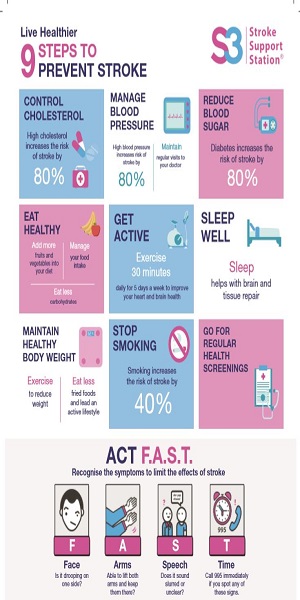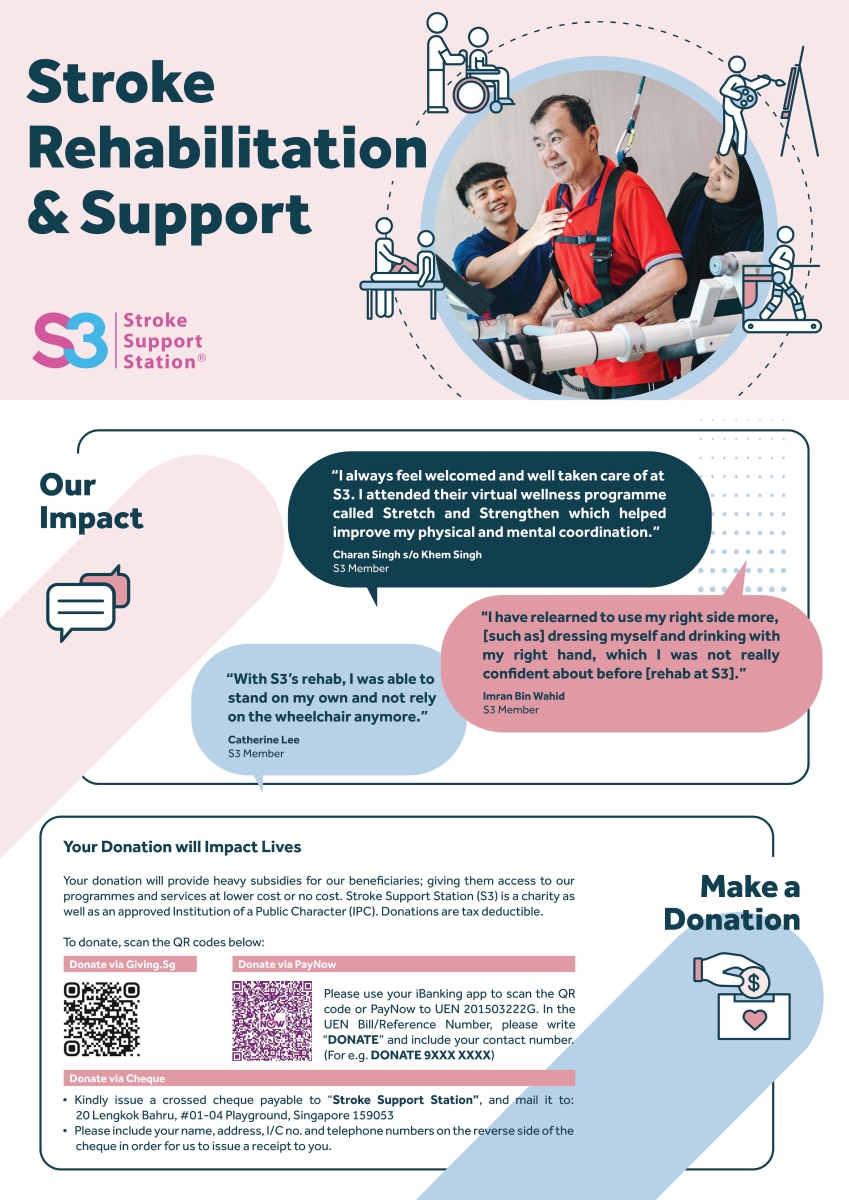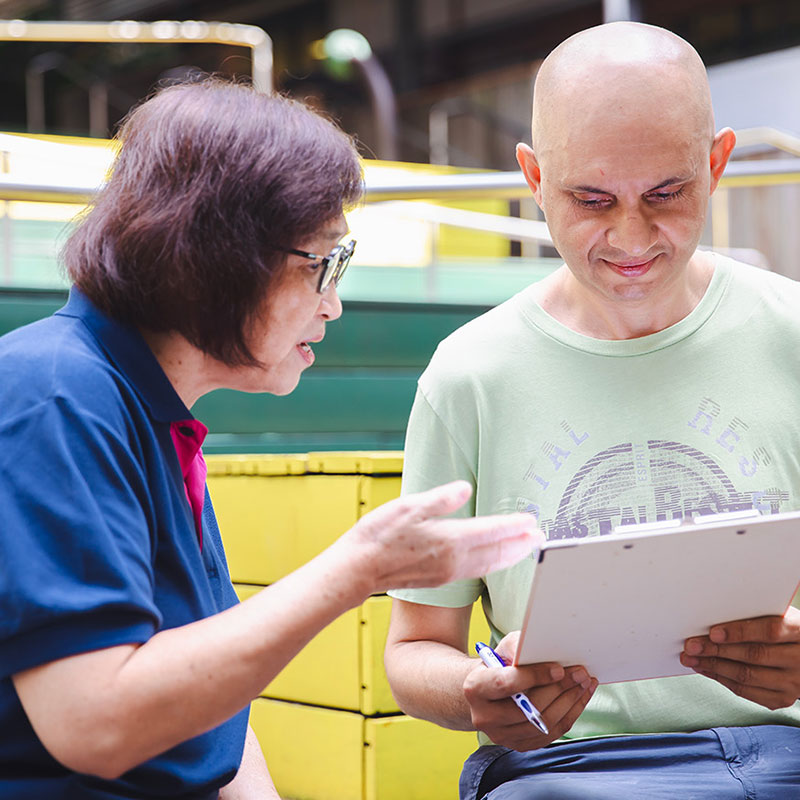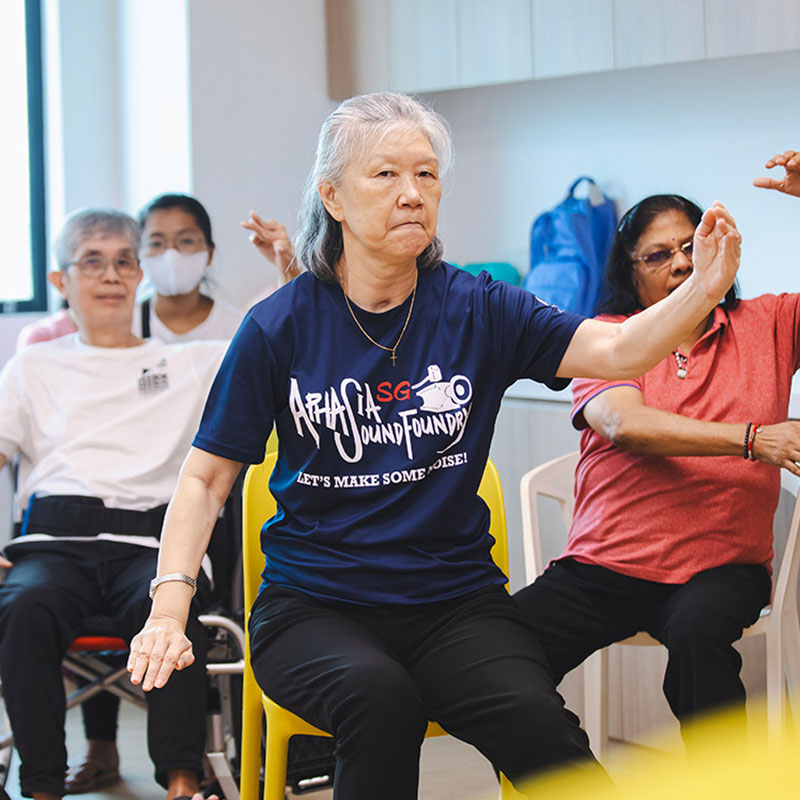For Stroke Survivors and Caregivers
The Need to Take Care of Yourself
Caring for a stroke patient involves hard work. As a caregiver, you must not neglect your own wellbeing. If your wellbeing is not a priority, taking care of a stroke survivor will be an even more trying task.
There are many difficult tasks involved in caregiving, such as:
- The physical strain of nursing: lifting, turning and assisting the patient to the toilet.
- Frustration when you feel that you are unable to do more for the stroke survivor or when you expect perfection from yourself as a caregiver but are unable to meet the expectations
- Difficulty in being able to take a break or rest
- Worried about how you will be perceived if you have to begin ignoring your friends, work or family.
-
Be kind to yourself
- Focus on what you can do and what you want to do
- Take regular breaks to relieve your physical and mental exhaustion
-
Learn to pace yourself
If you are looking after a severely disabled person at home, you will need to arrange a regular system of relief for yourself. You should have at least one whole day free every week. This could be arranged with other family members or relatives, friends or neighbours who are willing and able to provide relief.
-
Get support
You can also attend formal or informal support group meetings.
These support group meetings provide opportunities for you to share your feelings and experiences with others who face similar problems. Moral and emotional support can also be generated in the process, with a sense of belonging and the feeling of "I am not alone."
Through peer influence and group sharing, you may then find answers or new ideas to some of the problems you face.
-
Your social life - take time for activities that you enjoy
It is important that you do not become so engrossed in your role of caring for the stroke survivor, that you neglect your family and friends.
You should continue to invite friends to your home. Keep your social life and maintain links with others. You should continue your interests and hobbies as far as possible.
Downloads







